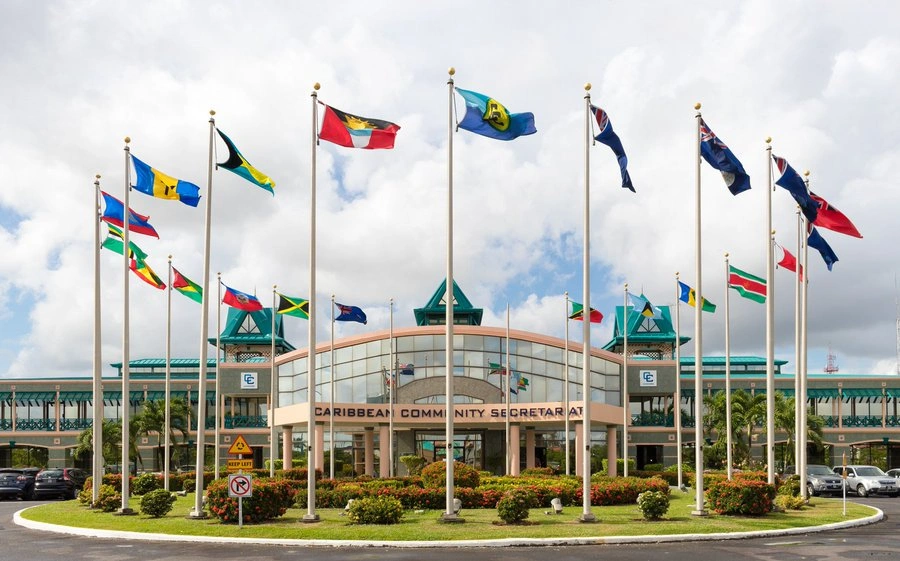In a striking diplomatic move, El Salvador has offered to accept deportees from the United States of any nationality—including violent criminals currently incarcerated in American prisons—under a new agreement touted by U.S. Secretary of State Marco Rubio as “the most unprecedented and extraordinary migratory pact in the world.”
The announcement came late Monday after Secretary Rubio met for several hours with President Nayib Bukele at his lakeside residence outside San Salvador. The proposal, which Rubio described as a breakthrough in addressing U.S. immigration challenges, would allow the U.S. to transfer detained migrants and even American citizens or legal residents convicted of serious crimes to Salvadoran prisons for a negotiated fee.
“President Bukele has agreed to an extraordinary arrangement,” Rubio said at a press briefing. “We can send [detained migrants] to El Salvador, and he will put them in his jails. He’s also offered to take dangerous criminals serving sentences in the U.S., regardless of their citizenship status.”
The offer aligns with the Trump administration’s intensified efforts to curb illegal immigration and reduce strain on U.S. detention facilities. Rubio’s visit to El Salvador, a key regional ally, aimed to secure cooperation ahead of the 2024 U.S. presidential election, where immigration remains a polarizing issue.
Bukele’s Vision: A Sustainable Prison System
President Bukele confirmed the proposal in a post on X (formerly Twitter), framing it as a pragmatic economic opportunity for El Salvador. “We’ve offered the United States the chance to outsource part of its prison system,” he wrote. The Central American nation would accept only “convicted criminals” and charge a fee “relatively low for the U.S. but significant for us,” which Bukele claimed would make El Salvador’s entire prison system “self-sustaining.”
Under Bukele’s leadership, El Salvador has drawn international attention—and criticism—for its harsh crackdown on gang violence, which has seen over 70,000 suspected gang members arrested since 2022. The country’s prisons, already overcrowded and scrutinized for human rights abuses, would now potentially absorb foreign detainees under the proposed deal.
Logistical and Ethical Questions
The agreement raises immediate logistical and ethical concerns. Legal experts question the feasibility of transferring U.S. citizens or residents to foreign prisons, citing constitutional and international law hurdles. Human rights organizations have also sounded alarms, noting El Salvador’s controversial record on detainee treatment.
“This is a dangerous precedent,” said Ana Gómez, a senior analyst at the Washington Office on Latin America. “Exporting prisoners to a country with documented human rights violations undermines accountability and basic dignity.”
The Biden administration, which has sought to distance itself from Trump-era immigration policies, has not yet commented on the proposal.
A Shifting Immigration Landscape
The deal underscores El Salvador’s evolving role as a U.S. partner in regional security. Once a primary source of migration to the U.S., the country has seen a dramatic drop in asylum seekers since Bukele’s anti-gang campaign began. Critics argue the administration’s embrace of Bukele—despite his authoritarian tendencies—reflects a prioritization of immigration enforcement over democratic values.
As negotiations advance, the proposal could reshape U.S. deportation strategies and test the limits of international prison transfers. For now, the agreement remains a bold, if contentious, footnote in the complex saga of U.S.-Central American relations.



